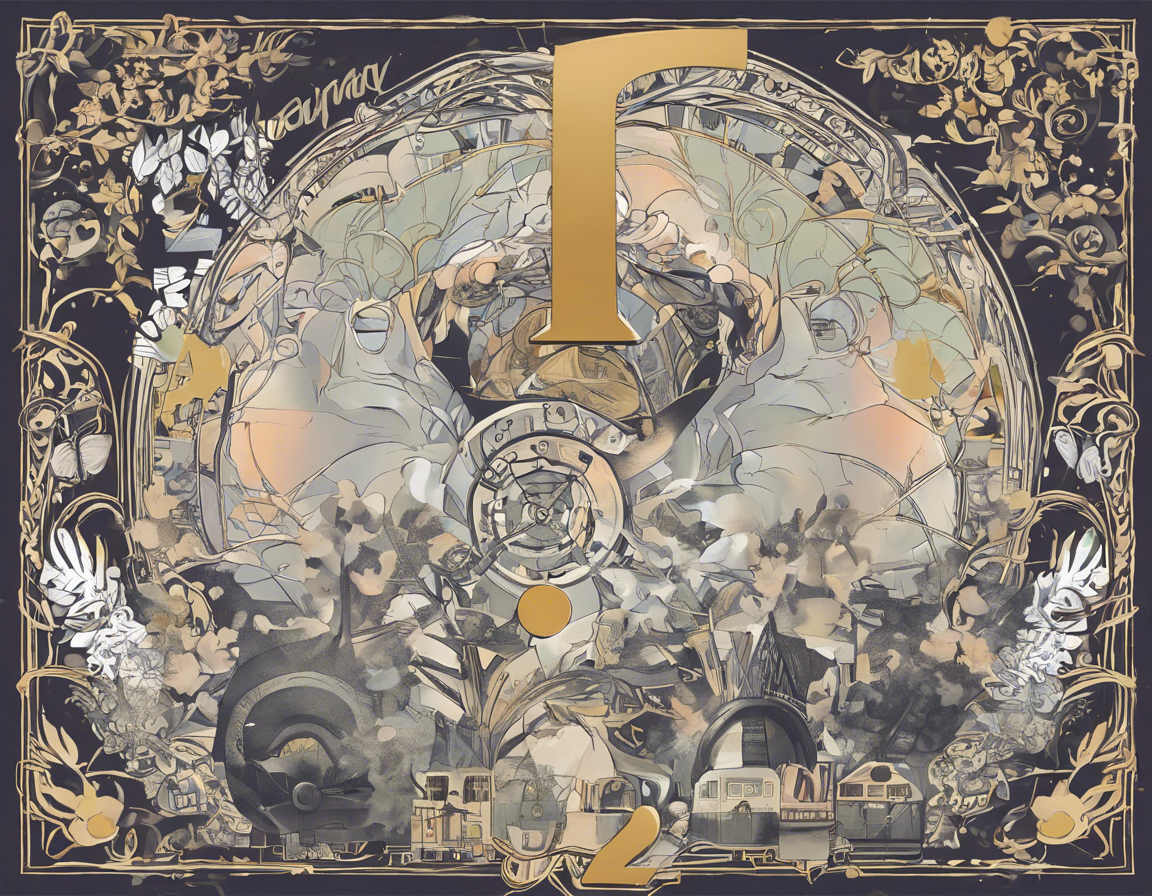February is known for being the shortest month of the year, typically consisting of 28 days. However, on very rare occasions, February can have 29 days instead of the usual 28. This anomaly occurs during leap years, which happen once every four years to synchronize the calendar year with the solar year. In 2024, we will experience a rare phenomenon where February will have 29 days instead of the usual 28. This occurrence can spark curiosity and raise questions about the significance, history, and impact of a leap year with 29 days in February.
Why Does February Have 29 Days in 2024?
In the Gregorian calendar, a leap year is a year that is evenly divisible by 4, except for century years not divisible by 400. This rule is implemented to keep the calendar year synchronized with the astronomical year. In 2024, since the year is divisible by 4, it qualifies as a leap year. As a result, February will have 29 days instead of the standard 28.
History and Significance of Leap Years
Leap years have a rich history dating back to the time of Julius Caesar when the Roman calendar was reformed to include an extra day in February every four years. The Julian calendar, introduced by Julius Caesar in 45 BCE, first established the concept of leap years. Later, the Gregorian calendar, introduced by Pope Gregory XIII in 1582, further refined the leap year system that we use today. The addition of an extra day in February during leap years is crucial for keeping our modern calendar in sync with the Earth’s revolutions around the sun.
The Impact of 29 Days in February
The occurrence of 29 days in February during leap years has various implications. From a practical standpoint, it means an extra day in the month for activities, deadlines, and planning. Those born on February 29, known as “leap day babies” or “leaplings,” only get to celebrate their actual birth date every four years, adding a unique touch to their identity. Additionally, businesses and financial institutions may need to adjust their operations and calculations to accommodate the extra day in the month.
Curiosities and Fun Facts
- The chance of being born on a leap day is approximately 1 in 1,461.
- The concept of leap day proposals, where women are encouraged to propose to men on February 29, dates back centuries.
- The title character in Gilbert and Sullivan’s operetta “The Pirates of Penzance” is a leap year baby who technically only has a birthday each leap year.
Does Every February Have 29 Days in a Leap Year?
No, not every February in a leap year has 29 days. The leap day is specifically added to the end of February, making it February 29.
Why Are Leap Years Necessary?
Leap years are necessary to ensure that our calendar year aligns closely with the solar year. Without the extra day in February every four years, the calendar would slowly drift from the actual astronomical year, leading to seasonal discrepancies over time.
Are There Other Months That Can Have 29 Days?
Generally, February is the only month that can have 29 days during a leap year. The other months either have 30 or 31 days in a standard year and do not experience the addition of an extra day.
How Do Different Cultures View Leap Years?
Various cultures and traditions view leap years differently. Some see leap years as auspicious times for marriage, while others may consider them to be unlucky or unpredictable. The interpretation of leap years often varies based on historical beliefs and customs.
Can Leap Years Affect Different Aspects of Life?
Leap years can impact various aspects of life, including financial calculations, legal agreements, and cultural practices. Businesses and organizations may need to adjust their schedules and planning to accommodate the additional day in February during a leap year.
What Happens if Someone Is Born on February 29?
If someone is born on February 29, they are often referred to as “leap day babies” or “leaplings.” Since February 29 only occurs once every four years, leap day babies may choose to celebrate their birthdays on February 28 or March 1 in non-leap years.
In conclusion, the occurrence of 2024 days in February is a rare and fascinating event that highlights the intricacies of our calendar system. Understanding the history, significance, and impact of leap years with 29 days in February can deepen our appreciation for the ways in which we measure and mark time. It serves as a reminder of the complex relationship between human innovation and the natural world.
